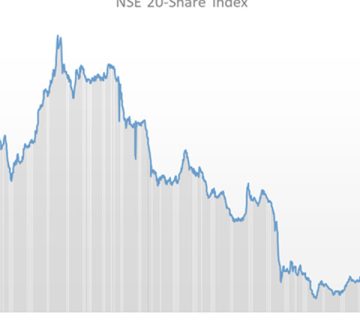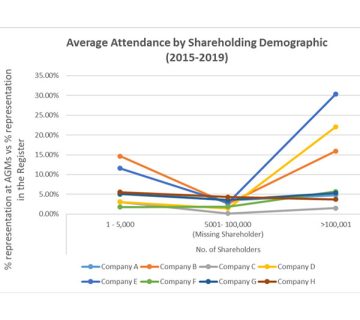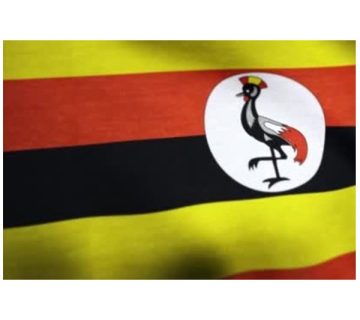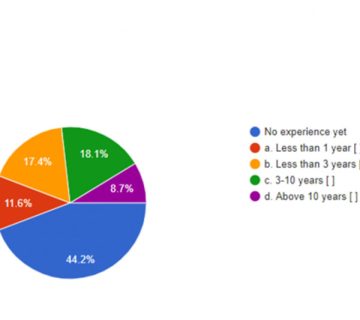Brexit was a topic that dominated international media as well as Kenyan media and understandably so. This discussion has intensified as the UK debates which way to exit, either through a “No-deal” or a “Negotiated-deal” exit. Either way, the effects of Brexit will not only be felt in the UK but also around the globe, Kenya included, with the UK being one of Kenya’s leading trading partners.
Brexit, the UK’s decision to leave the European Union, has been lauded by some and greatly opposed by others while some still hope the vote will be nullified all together. The ripple effects of Brexit have been globally felt by many nations as they prepare to deal with the effects with most predicting a negative outlook. This is well depicted by the downgraded rating by credit rating agency Fitch from AA+ to AA and Moody giving a negative outlook for the UK.
The British, being Kenya’s former colonial masters, own a number of the major listed and non-listed companies in Kenya and have majority shares in others. Among these companies are tea growers: Williamson Tea Limited and Kapchorua Tea Company.

The UK’s determination to exit the EU has rippling effects around the globe, including Kenya. – Photo by Dylan Nolte on Unsplash
Kenya exports tea, coffee and flowers to the UK which equals to 27% of fresh produce and 56% of black tea to the UK. Any renegotiations of the deals may lead to export delays and probable loss of revenue. Even worse, it may lead to the current account deficit widening, as well as less inflows of foreign exchange.
Kenya’s main market for cut flowers is the EU with about 60% of the exports. In the EU, Britain is one of the largest consumers of these flowers thus the market is likely to suffer. Kenya has also been getting an average of four billion shillings per month from the export of flowers to the EU, through a trade deal. If the deal changes or is affected by Brexit, Kenya could probably be looking at a loss of approximately forty-eight billion shillings annually.
In 2015, Kenya exported 1.3 billion shillings worth of products to the EU. A downward revision of growth prospects for the EU economies will result in lower external demand for Kenyan products, negatively affecting the current account position.

Tea is one of Kenya’s key exports to the UK and EU, Photo by Mark Kucharski on Unsplash
Concerning tourism, Kenya benefits from the UK in terms of foreign exchange, domestic spending, visa revenues and the direct and indirect jobs created through the upkeep of the hospitality sector. The UK is the largest exporter of tourists to Kenya. At a time when the tourism sector is struggling to recover, Brexit has caused a significant depreciation in the Sterling Pound. This makes it difficult for UK tourists to travel to Kenya, negatively affecting tourist arrivals and Kenya’s GDP.
Development aid to Africa, may also be affected which will directly affect Kenya. At the 31st G-8 summit held in Scotland in 2005, it was agreed that aid to developing countries would be increased by US$50 billion a year, by the year 2010, with at least half of it going to Africa. The UK is one of the largest contributors to the European Development Fund (EDF) with about GBP 409 million – US$585 million. This is approximately 15% of the contributions to the EDF. Brexit will therefore deprive the UK resources for development aid in the EU. Furthermore, Brexit has come at a time when the International Development Fund (IDA) is undergoing replenishment, so this might affect development assistance to Africa.
In addition, Kenya is likely to face capital flight as investors seek safe havens like US treasuries and gold. This may in turn exert pressure on the Kenyan Shilling in the short term.

An illustration of the UK/EU standoff depicted at the Maasai Mara-Photo by Robin Stuart on Unsplash
BUT THEN… On the other hand, there is also a whole realm of new possibilities that could affect the Kenyan economy positively, some of which are already playing out in anticipation of Brexit. While the UK may suffer in the short term, as the purchasing power of the average Brit may take a hit, the trade ties between Britain and Kenya could increase remarkably going forward.
Due to Brexit, Kenya has the opportunity to negotiate new bilateral trade deals directly with the UK which could result in more Kenyan produce, like snow peas, French beans and bananas, reaching the UK market without having to pass through countless barriers and regulations. These barriers and regulations were heavily enforced by the EU, favoring farmers from other member countries of the EU. An independent UK may therefore be better for Kenya and Africa as a whole.
As Britain moves out of the EU, it may renew or strengthen ties with its historical trade partners and especially those in the commonwealth group. In some countries such as Kenya, South Africa, Nigeria and Ghana, these ties are already strong. However, for other countries like Tanzania, Zambia and Zimbabwe, a lot has to be done to reclaim the trade opportunities taken up by China in recent years.
In the agricultural sector, Britain has been a critic of the EU’s Common Agriculture Policy (CAP) which allows subsidies to European farmers. Presumably, this is because Britain does not benefit much from it. The CAP reduced access of African farmers to the EU. Brexit might therefore change this, with African farmers also getting easier access to the UK.
In addition, Kenya will have the opportunity to seek new direct trading deals with the European countries who were buying Kenyan export produce through the UK. This could see Kenya increase its overall wallet-share of the European market and potentially enjoy better margins from direct trade with the end buyers and also lead to less reliance on the UK for exports.
In the short term, market volatility and increased economic uncertainty is likely to be caused by Brexit. This could reduce capital flows as global financial conditions tightens and reduce trade flows and foreign direct investments to Africa as the global economy slows.
In the medium term, the UK’s exit from the EU will result in re-negotiations of the UK’s trade agreements with the EU and African countries. This could positively affect African countries, especially those in the commonwealth.
Ultimately, the effect of Brexit will depend on a number of factors including the time it will take to negotiate the exit, the terms of the negotiation process, how the UK leadership vacuum is filled, the adjustment process and policy responses to stimulate economies in the face of Brexit. At the moment the world is waiting to see if it’ll be a hard no-deal Brexit or a soft negotiated deal Brexit. What is certain however is Kenyans, especially those keen on investments in securities and the exports market, are paying attention to how Brexit pans out.
Paul Kihiu -Business Development Director





































No comment